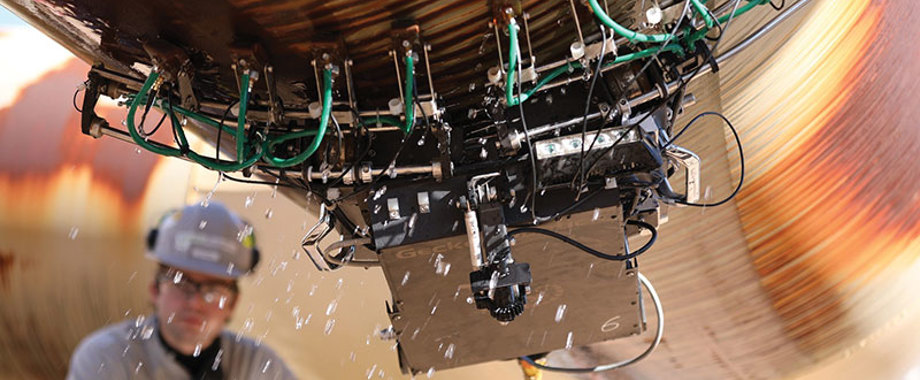
Senate Committee Advances Bipartisan Bill to Strengthen U.S. Pipeline Safety, Leak Detection
The U.S. Senate Commerce Committee has advanced a bipartisan bill from Sen. Gary Peters to boost PHMSA funding, expand leak detection research, and strengthen cybersecurity protections for U.S. pipelines.
(P&GJ) — The Senate Commerce, Science, and Transportation Committee has passed bipartisan legislation to enhance the safety and security of U.S. pipeline infrastructure, including provisions to strengthen leak detection and cybersecurity protections.
The Pipeline Integrity, Protection, and Enhancement for Leveraging Investments in the Nation’s Energy to Assure Safety (PIPELINE) Safety Act, introduced by Sen. Gary Peters (D-Mich.), would reauthorize and expand funding for the Pipeline and Hazardous Materials Safety Administration (PHMSA) over the next five years. The measure also requires operators to safeguard against cyberattacks, such as the 2023 Colonial Pipeline incident.
“This bill takes necessary steps to strengthen our pipeline infrastructure and help prevent potential accidents before they occur, keeping both pipeline operators and our environment safe,” said Peters, Ranking Member of the Commerce Subcommittee on Surface Transportation, Freight, Pipelines, and Safety. “Michiganders also understand the importance of protecting our Great Lakes against an oil spill. That's why I fought for a provision in this bill to establish a Center of Excellence that would enhance our ability to detect and respond to potential hazardous pipeline leaks.”
The legislation includes a Peters-led provision to create a National Center of Excellence for Hazardous Liquid Pipeline Leak Detection in the Great Lakes region, where it would advance research into state-of-the-art leak detection technologies to help identify and respond to spills more effectively.
Peters introduced the bill alongside Sens. Ted Cruz (R-Texas), Maria Cantwell (D-Wash.), and Todd Young (R-Ind.). The measure now heads to the full Senate for consideration.
Peters has previously led initiatives focused on pipeline safety and spill prevention, including the 2018 law establishing the U.S. Coast Guard Great Lakes Center of Expertise, dual-headquartered at Lake Superior State University and the Great Lakes Environmental Research Laboratory. As a member of the Senate Appropriations Committee and co-chair of the Senate Great Lakes Task Force, Peters continues to advocate for Great Lakes protection, funding, and infrastructure improvements.
